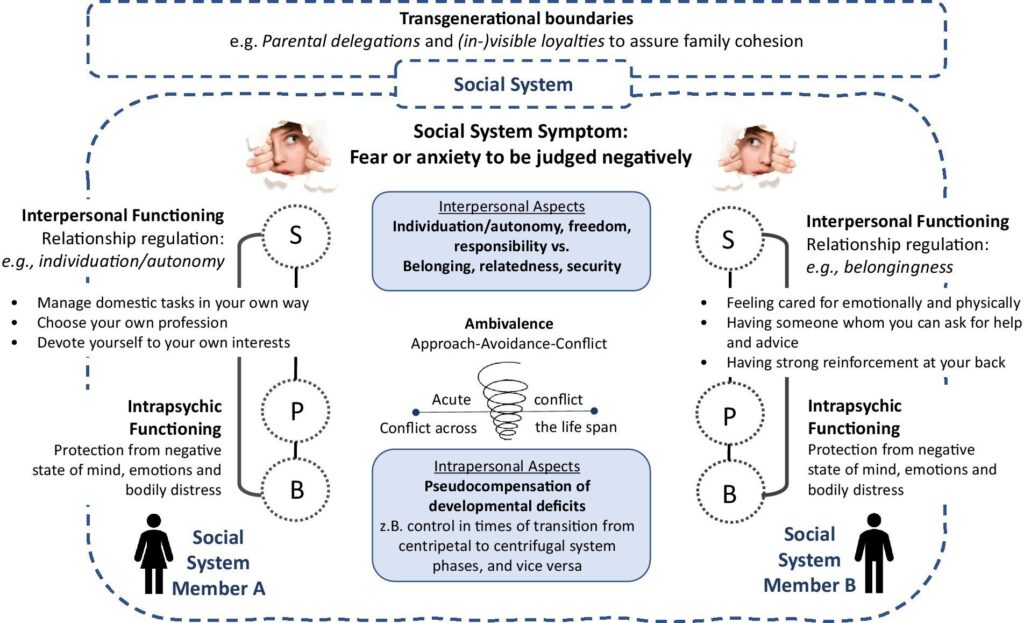In a heartfelt and impassioned plea, professional cyclist Lizzy Banks has emerged as a vocal advocate for change in the realm of anti-doping regulations following her own harrowing two-year struggle to clear her name from contamination accusations. Speaking at a recent press event, Banks emphasized the imperative for an overhaul of existing protocols, arguing that unless stakeholders collectively fight for reform, the integrity of sport-and the athletes within it-will remain at risk. Her personal journey, marked by determination and resilience, highlights the urgent need for a more equitable and transparent approach to doping cases, especially when the implications of these allegations can derail not only careers but also the very essence of fair competition. As Banks continues to navigate the complexities of her situation, her call for action resonates loudly within the cycling community and beyond, sparking a broader conversation about the systemic changes needed to protect athletes in an increasingly scrutinized environment.
Emotional Plea for Justice in Anti-Doping Controversy
In a heart-wrenching statement that resonated deeply within the sports community, Lizzy Banks unveiled the emotional toll of her two-year fight against wrongful accusations linked to contamination in anti-doping cases. During a recent press conference, she articulated the unbearable weight of being unjustly labeled a cheat, expressing solidarity with countless athletes who have faced similar predicaments. “Unless we advocate for transparency and fairness within this flawed system, future generations will continue to suffer,” she stated, her voice thick with emotion. Many athletes feel trapped in a murky world where the stigma of doping allegations can overshadow their careers, regardless of their innocence.
As she continues to push for reform, Banks demands immediate attention to several key areas to enhance the integrity of anti-doping measures:
- Stricter guidelines on contamination cases – to ensure athletes are not unfairly penalized.
- Enhanced support for athletes during investigations – providing mental health resources and legal assistance.
- More transparent testing procedures – to build trust within the athletic community.
Her courageous fight reflects a larger movement pushing for accountability in sports governance. As athletes unite to champion this cause, they hope to ignite changes that will protect the dignity and careers of those wrongfully accused. The urgency of this transformation is not only for Lizzy Banks but for the integrity of all sports.
The Long Fight for Truth: Lizzy Banks’ Two-Year Battle
In a heart-wrenching revelation, Lizzy Banks opened up about her two-year struggle to clear her name amid contamination anti-doping accusations that marred her reputation as an aspiring athlete. Overcoming personal and professional challenges, Lizzy’s journey appears to highlight the grim reality faced by many athletes caught in a web of suspicion, where the burden of proof often lies heavily on the accused. She emphasized the emotional toll of her fight, stating, “Unless we fight for it, nothing will ever change,” a sentiment that echoes the experiences of countless others who share similar battles. Lizzy’s case has drawn attention to the complexities within the anti-doping system, raising critical questions about the fairness and transparency of processes designed to uphold sporting integrity.
Throughout her ordeal, Lizzy remained resolute, advocating for systemic changes that could safeguard athletes’ rights going forward. Her calls for reform include:
- Improved Testing Procedures: Ensuring that the mechanisms of testing are reliable and fair.
- Transparency in Investigations: Advocating for clear communication and accountability in handling allegations.
- Support for Affected Athletes: Establishing robust support systems for those who are wrongfully accused.
Her commitment to effect change has resonated within the sporting community, prompting discussions amongst stakeholders regarding the current frameworks in place. As Lizzy continues to navigate the aftermath of her battle, her story stands as a powerful reminder of the need for a compassionate and just approach to allegations in the world of sports.
Recommendations for Reforming Contamination Cases in Sports
The recent developments in anti-doping regulations highlight a critical need for reforming how contamination cases are handled in sports. Currently, athletes like Lizzy Banks endure extensive emotional and reputational damage without adequate support or transparency in the process. To address these issues, a comprehensive set of recommendations must be established to ensure fairness and provide proper avenues for athletes to defend themselves. Key strategies could include:
- Implementation of independent review boards to oversee contamination cases, ensuring decisions are free from biases.
- Mandatory training programs for doping control personnel to prevent errors that lead to contaminated samples.
- Clear guidelines on preferred methodologies for testing, to avoid ambiguity in contamination scenarios.
- Creation of an athlete support system that includes legal assistance and psychological counseling during disputes.
Furthermore, establishing a transparent communication framework between athletes, governing bodies, and the public is vital for maintaining trust in the anti-doping system. When cases arise, timely and clear public disclosures can help demystify procedures and calm the rumblings of speculation. A proposed approach could involve:
| Action | Outcome |
|---|---|
| Launch a public awareness campaign | Increase understanding of contamination issues |
| Establish a hotline for reporting concerns | Encourage proactive discussions around doping |
| Regular updates on reform progress | Build trust and accountability in the anti-doping system |
The Conclusion
In the wake of her arduous two-year battle to clear her name from contamination-related doping allegations, Lizzy Banks stands as a powerful advocate for change within the anti-doping system. Her emotional plea underscores the urgency for reform in a framework that has the potential to tarnish careers without sufficient transparency or due process. As the world of sports grapples with issues of integrity and justice, Banks’ story serves as a poignant reminder that complacency will only perpetuate the very injustices she seeks to combat. With her courageous stand, she calls on athletes, governing bodies, and fans alike to rally for a future where fairness prevails, emphasizing that “unless we fight for it, nothing will ever change.” As this issue continues to unfold, it remains clear that the battle for integrity in sports is far from over, and it is a collective responsibility to ensure that no athlete’s legacy is marred by circumstances beyond their control.











